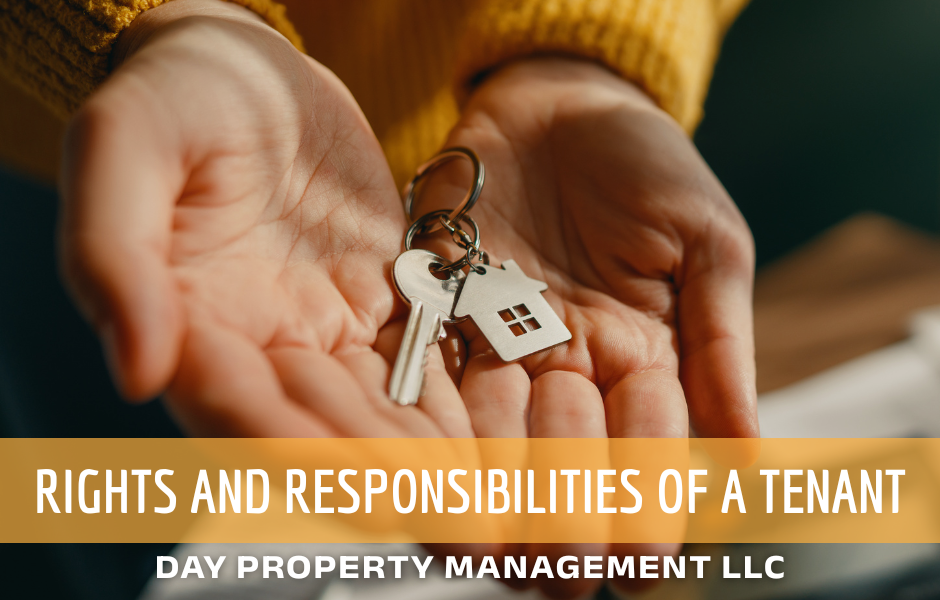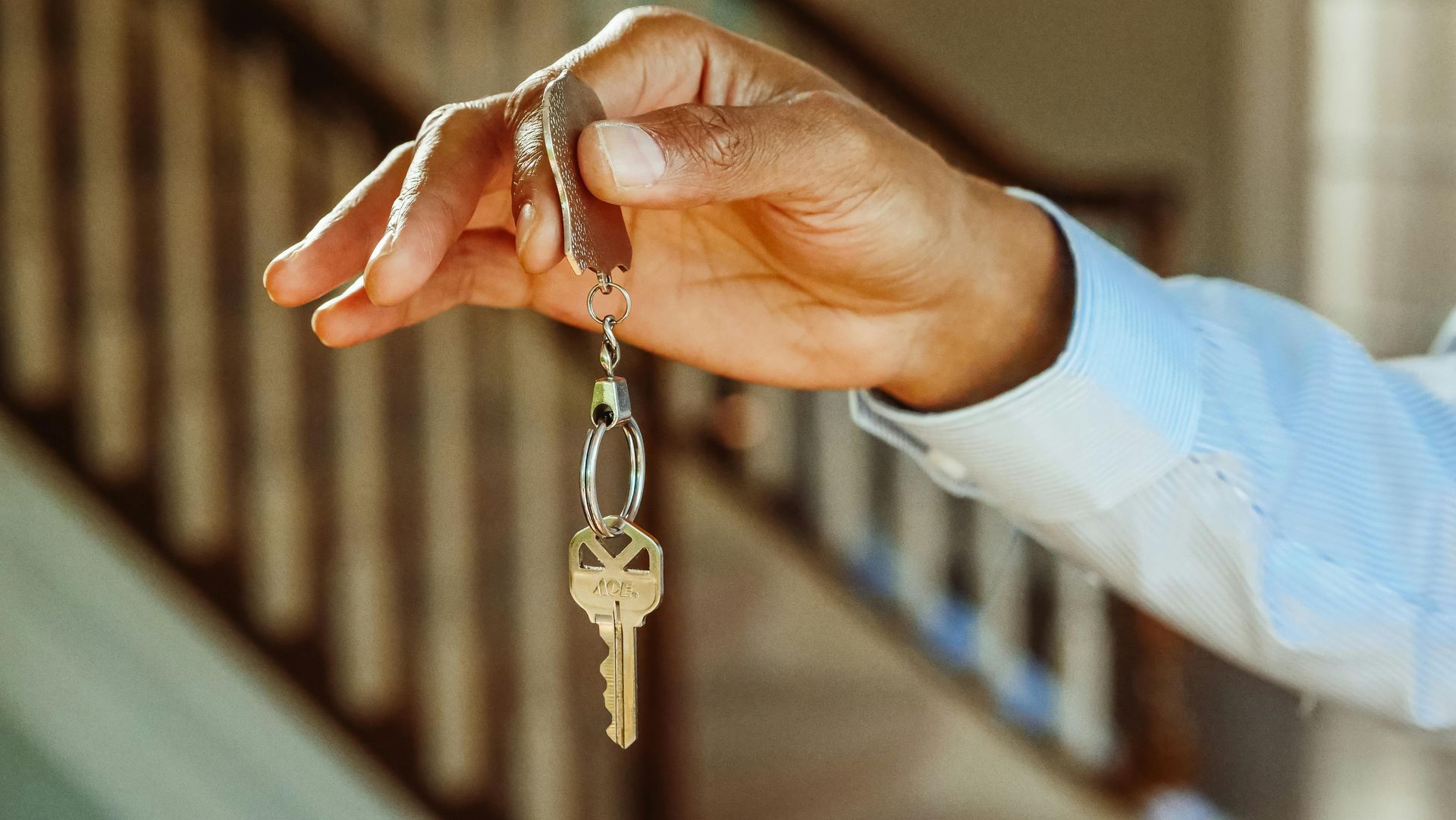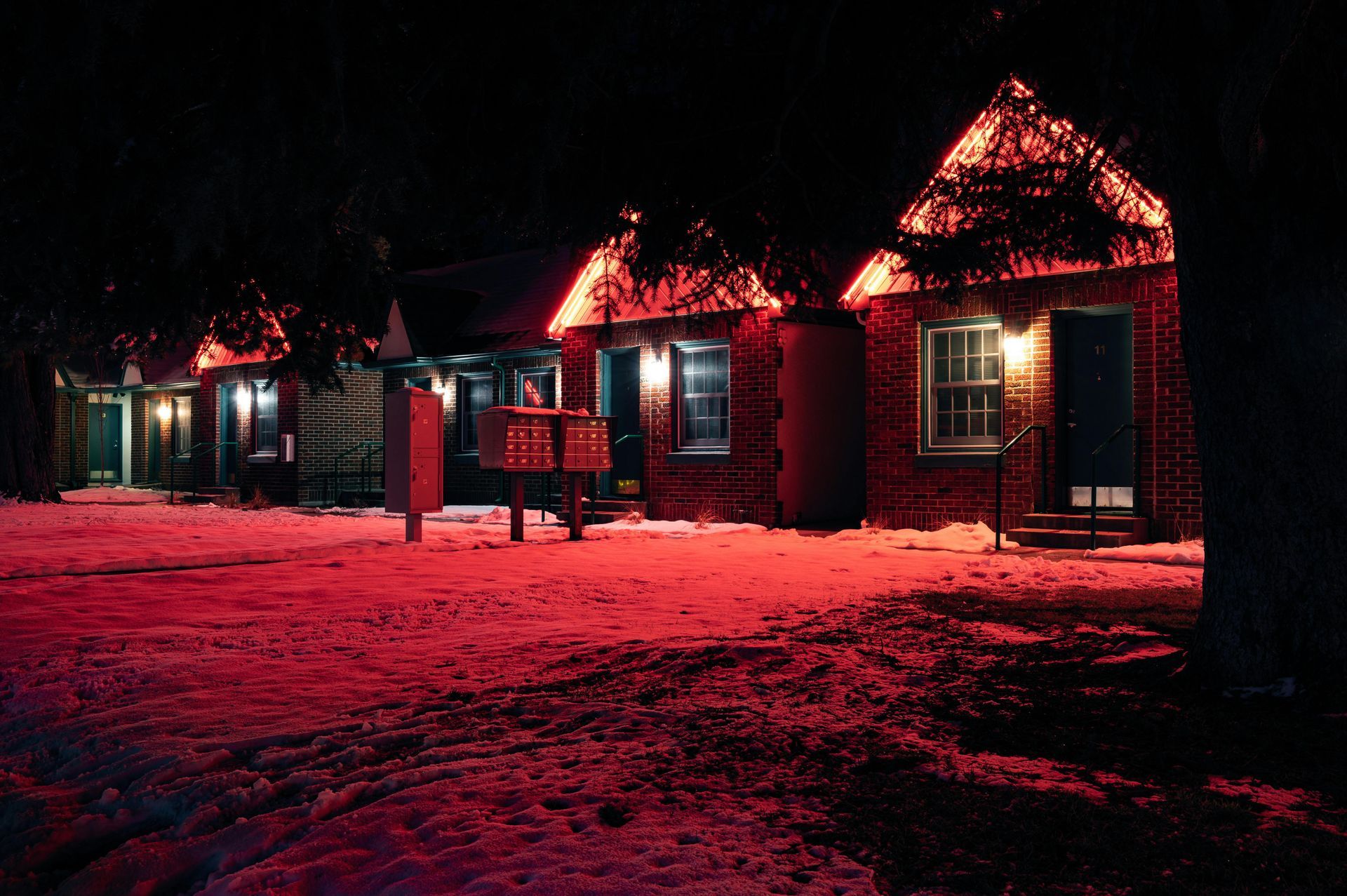Rights and Responsibilities of a Tenant

As a tenant, navigating the complexities of a lease agreement, understanding your rights and responsibilities, and ensuring you adhere to them are crucial aspects of maintaining a harmonious rental relationship. Whether you're a seasoned renter or new to the world of leasing, it’s important to comprehend the rental laws that protect you and govern your actions.
Tenant's Rights
The right to a habitable home is the most fundamental right of any tenant. This means landlords are obligated to provide a property that’s safe, clean, and fit for living, with fully functional basic facilities like electricity, plumbing, and heating.
In terms of repairs and maintenance, the tenant has a right to prompt repairs whenever necessary. If a landlord doesn’t address and rectify urgent issues that impact safety or livability, tenants have legal recourse to either remedy the situation themselves and deduct the cost from the rent or to break the lease without any penalty.
Privacy rights are equally critical in any tenancy. Landlords must provide a reasonable notice, usually 24–48 hours, before entering the property for repairs, inspections, or potential buyer visits, except in cases of emergency.
Tenants also have the right to certain legal protections against discrimination and unfair eviction processes.
Tenant's Responsibilities
While the rights of the tenants are rightfully highlighted, it is equally important to remember the responsibilities bestowed upon a tenant.
Rent payment should be made on time and in full as stated in the lease agreement. Failure to pay rent can lead to eviction procedures. Maintaining the rental property is another vital responsibility of tenants. The property should be kept reasonably clean, and any damages (beyond normal wear and tear) should be rectified or reported to the landlord. Tenants must also adhere to
property use rules. The property should be used as agreed upon in the lease, typically as a private residential property excluding any illegal activities. Tenants are required to
respect their neighbors’ peace and privacy. Excessive noise or any form of disturbance that disrupts others is usually considered a violation of the lease.
While these rights and responsibilities serve as a general guide, it is important to note that different states and countries may have specific laws regarding tenancy. Therefore, a thorough understanding of local laws and a careful read-through of the lease agreement is highly recommended before moving into a rental property.
Be sure to check back next week, when we’ll be sharing the best landscaping ideas to boost the curb appeal and value of your rental property!





